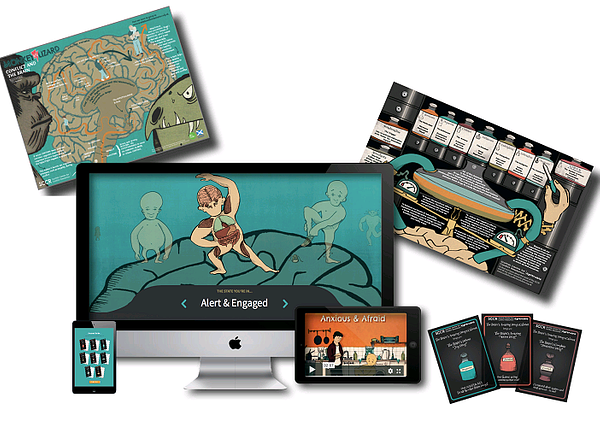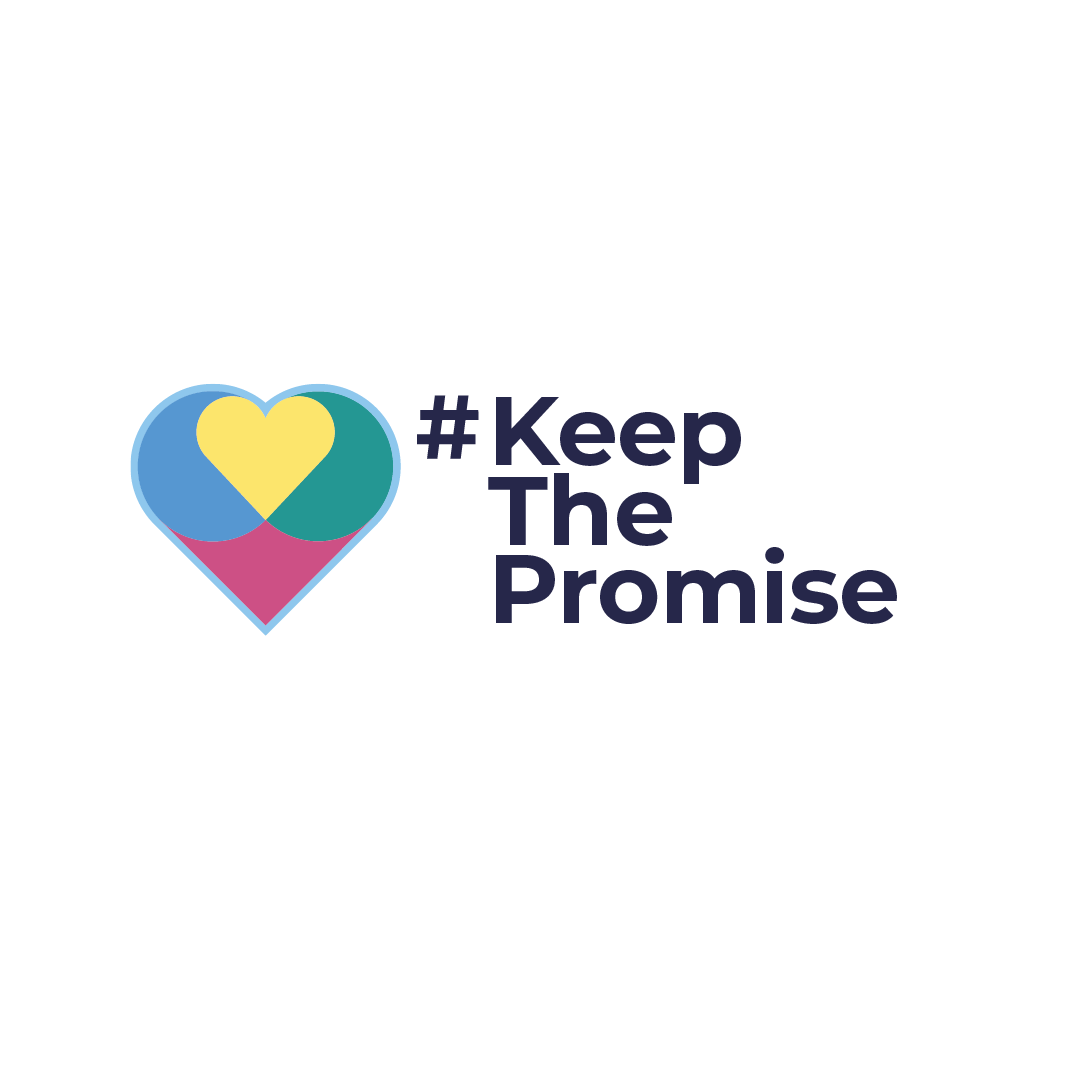Innovative solutions to problems rooted in the past
26 Jun 2018 By Diane Marr, Network Development Manager

This year is important in many ways; Cyrenians mark 50 years since the inception of our organisation, it is 70 years since the birth of the NHS and we are currently celebrating Year of the Young Person in Scotland. However, I am saddened and feel the need to continue to highlight that in Scotland, the fact remains each year almost 4,500 young people present as homeless due to relationships in their family fracturing and falling apart. Although this is the equivalent of all pupils in five high schools, this figure is just the tip of the iceberg with many families struggling behind closed doors. Conflict happens in all our lives, for a myriad of reasons, often with minimal consequences, but sometimes the impact can be devastating and debilitating, with the propensity to affect our relationships, life chances, mental health and well-being. In rising to the challenge to create new solutions to problems rooted in the past, and building on our mediation and support services, we launched the Cyrenians’ first national initiative and the first of its kind in Scotland, our Scottish Centre for Conflict Resolution (SCCR) in 2014. Recognising the need to move away from only crisis and prevention work, the SCCR aims to contribute strategically to a progressive model of earlier intervention.
It has been vitally important that our work is shaped and informed by the needs of young people, parents/carers and professionals. In research and consultations that we undertook in 2016 and published in our report “Reducing Conflict Improving Lives”, young people, parents/carers, professionals and practitioners informed us it’s crucial to find a way to address the universal issues of emotion and anger and to reduce the stigma and societal labelling that deters people from asking for help. For this, we need a better understanding of the emotional and anger cycles that lead to conflict and an improved understanding of brain science, particularly the chemistry that drives communication and conflict.
Working strategically across Scotland, the SCCR supports best practice in mediation and conflict resolution, delivering free accredited training and events combined with the development of innovative and engaging psychoeducational digital resources. Through doing so, we succeed in helping individuals, families and communities to develop their skills, knowledge and understanding and contribute to transforming conflict, improving relationships and lives. Our work is shaped by research and consultation in partnership with a broad range of stakeholders. We are also enhancing education and bridging the attainment gap which is a challenging proposition, considering it sits within the many multiple ‘moving parts’ of governance and policy, a rapidly changing digital culture and the realities of familial and social economics.
Digital media is also redefining the information culture. Finding new ways to engage and connect through this medium in a meaningful way is vitally important. As such our psychoeducational digital resources, developed in collaboration with Dr Sara Watkin, are designed to integrate professional and often complex scientific knowledge and distill it down to create interactive, engaging content with universal appeal. These resources include our digital quizzes #MonkeyVsLizard, #KeeptheHeid and our latest multi-media development, The Emotional Homunuclus and the Brain’s Amazing Drugs Cabinet.
Working collaboratively is the cornerstone of all that we do. We believe through sharing skills, knowledge and hope, Scotland can be the best place to live and grow, and that the dedication of professionals and practitioners brings about positive change. Together we can positively contribute to the lives of young people and their families to create a society where conflict isn’t the norm, and when it does happen, that we have the ability to be able to navigate through to safe shores, or be clear about where to ask for help.
Why not find out more and explore the work of SCCR? Visit www.scottishconflictresolution.org.uk





